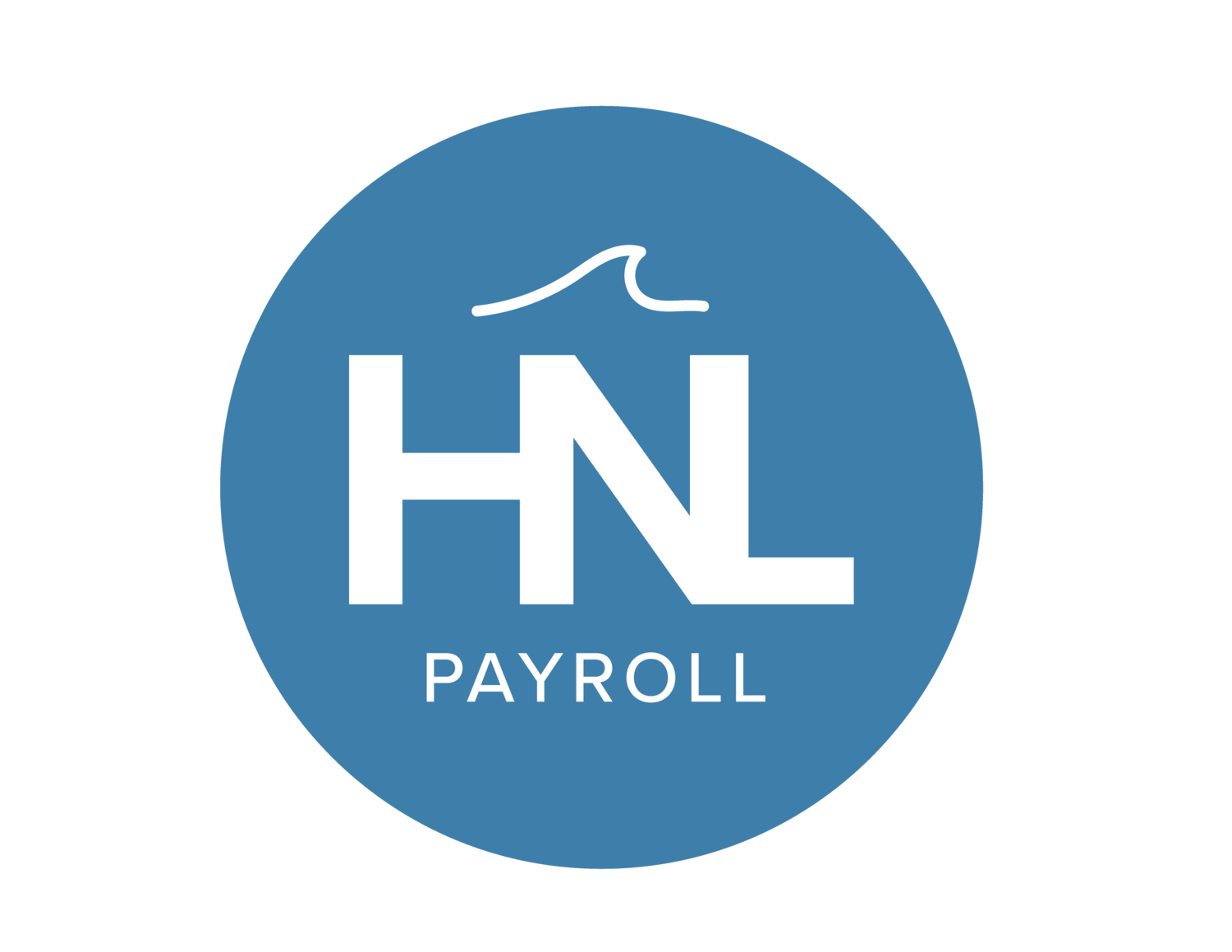The Future of Pay: How AI-Human Integration Will Transform Employee Compensation
As artificial intelligence (AI) continues to evolve, it’s reshaping the workforce in ways we never imagined. One of the biggest changes will be how companies pay their employees. AI-human collaboration is going to redefine job roles, influence pay structures, and change the way performance is evaluated. So, what does that mean for the future of employee compensation? Let’s take a look.
1. More Emphasis on Skills, Less on Job Titles
Since AI can handle repetitive tasks, humans will need to bring something extra to the table—like creativity, problem-solving, and emotional intelligence. That means companies might start shifting toward a skill-based pay model, where your salary depends more on what you can do rather than just your job title. People who keep learning and adapting to AI-driven tools will likely see bigger paychecks.
2. Pay Based on Performance, Not Just Hours Worked
AI can track performance in real-time, which could push businesses to adopt more flexible and results-driven pay structures. Instead of a fixed salary, employees might get paid based on their efficiency, innovation, and actual contributions. This means your paycheck could be more dynamic and directly linked to how much value you bring to the company.
3. Collaboration with AI Could Earn You More
In the future, working alongside AI won’t just be a bonus—it’ll be a requirement. Companies may start rewarding employees who use AI effectively with special incentives or bonuses. If you can master AI tools and integrate them into your workflow, you could see a bump in your earnings.
4. More Gig Work, More AI-Managed Payments
AI will continue to fuel the gig economy, helping companies quickly connect with freelancers and contractors. AI-powered platforms might start setting pay rates based on demand, skills, and past performance, making the process more efficient. Automated payments could also mean faster and fairer compensation for gig workers.
5. Universal Basic Income (UBI) Might Become a Reality
With AI taking over more jobs, the conversation around Universal Basic Income (UBI) will likely grow. Some businesses and governments may experiment with AI-driven income redistribution models to support displaced workers. Others might introduce AI-assisted earning programs, combining a base salary with AI-generated incentives.
6. Ensuring Fair and Ethical Pay Practices
While AI can help optimize salaries, there’s also a risk of bias and unfair pay structures. Companies will need to ensure that AI-driven compensation models are transparent, fair, and regularly audited. Pay equality and ethical considerations will be key to preventing discrimination and ensuring that everyone gets a fair shot.

